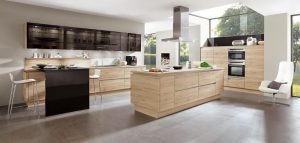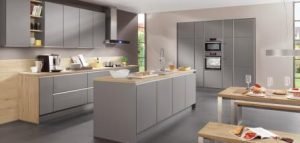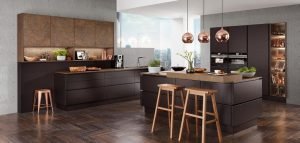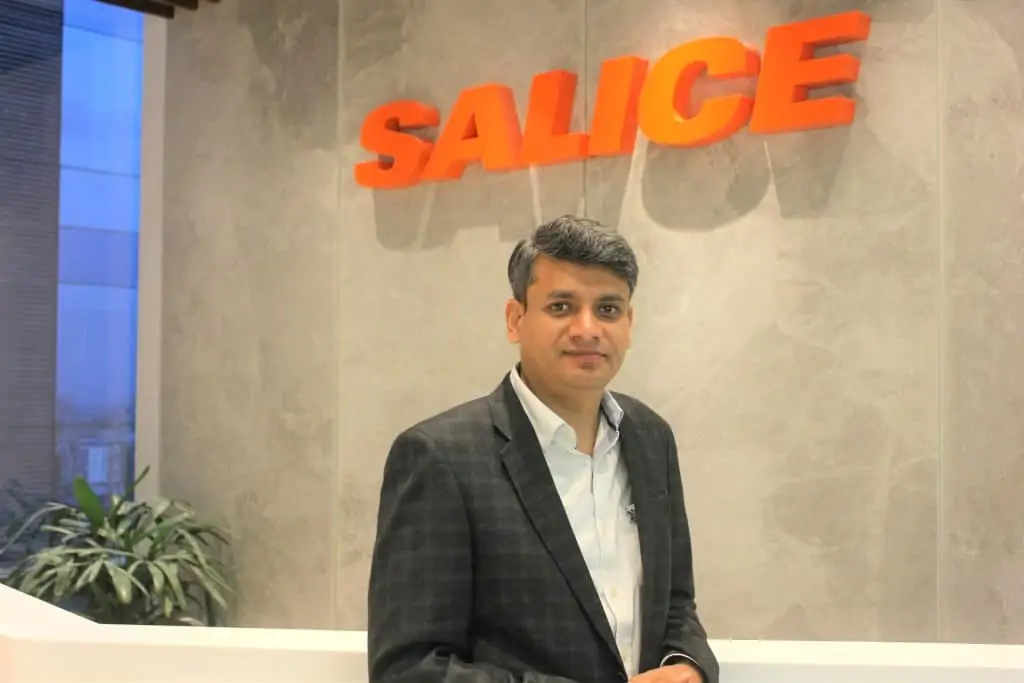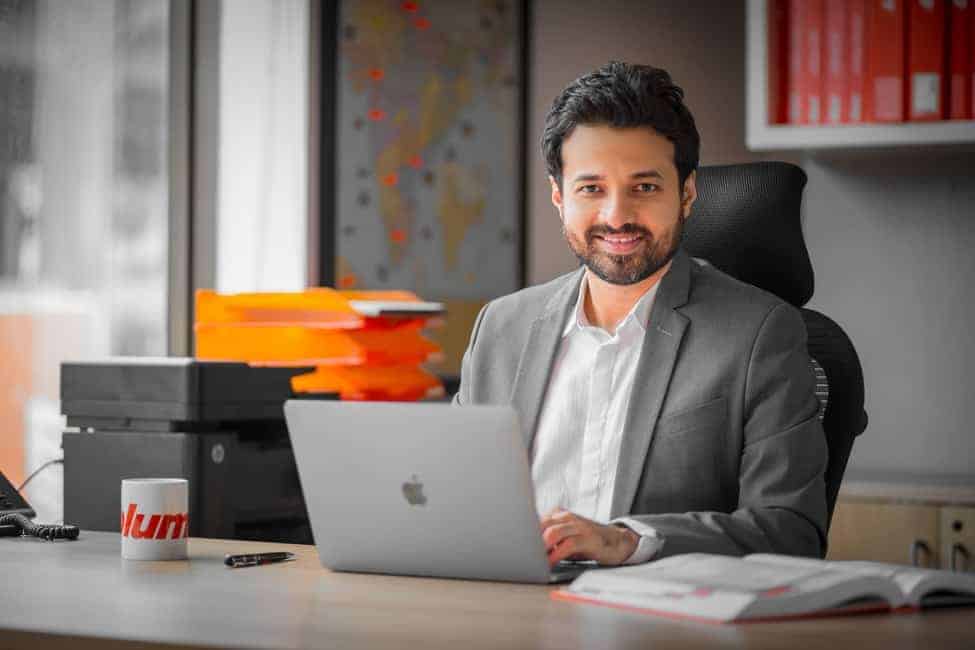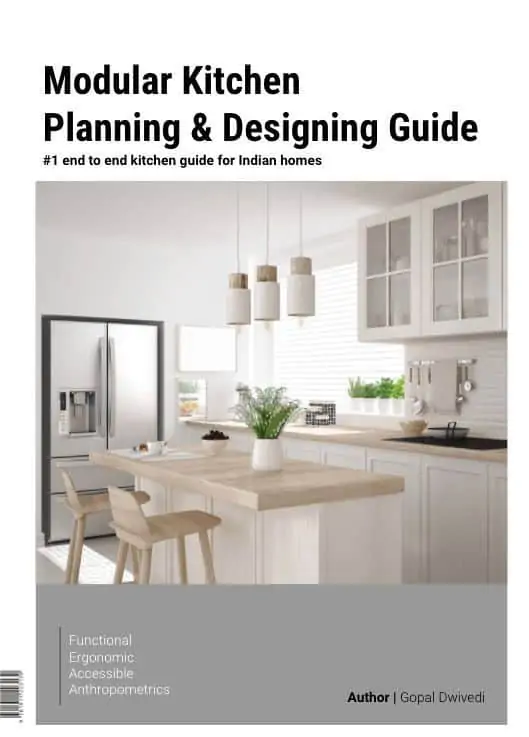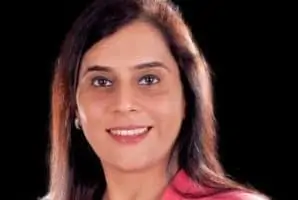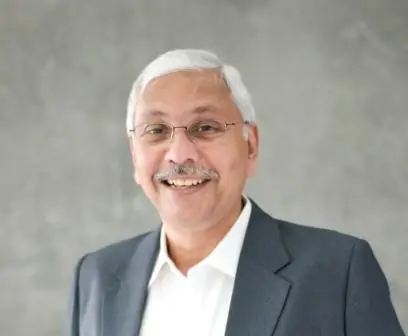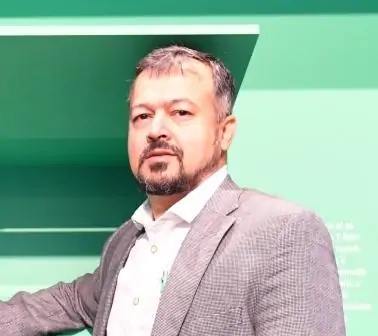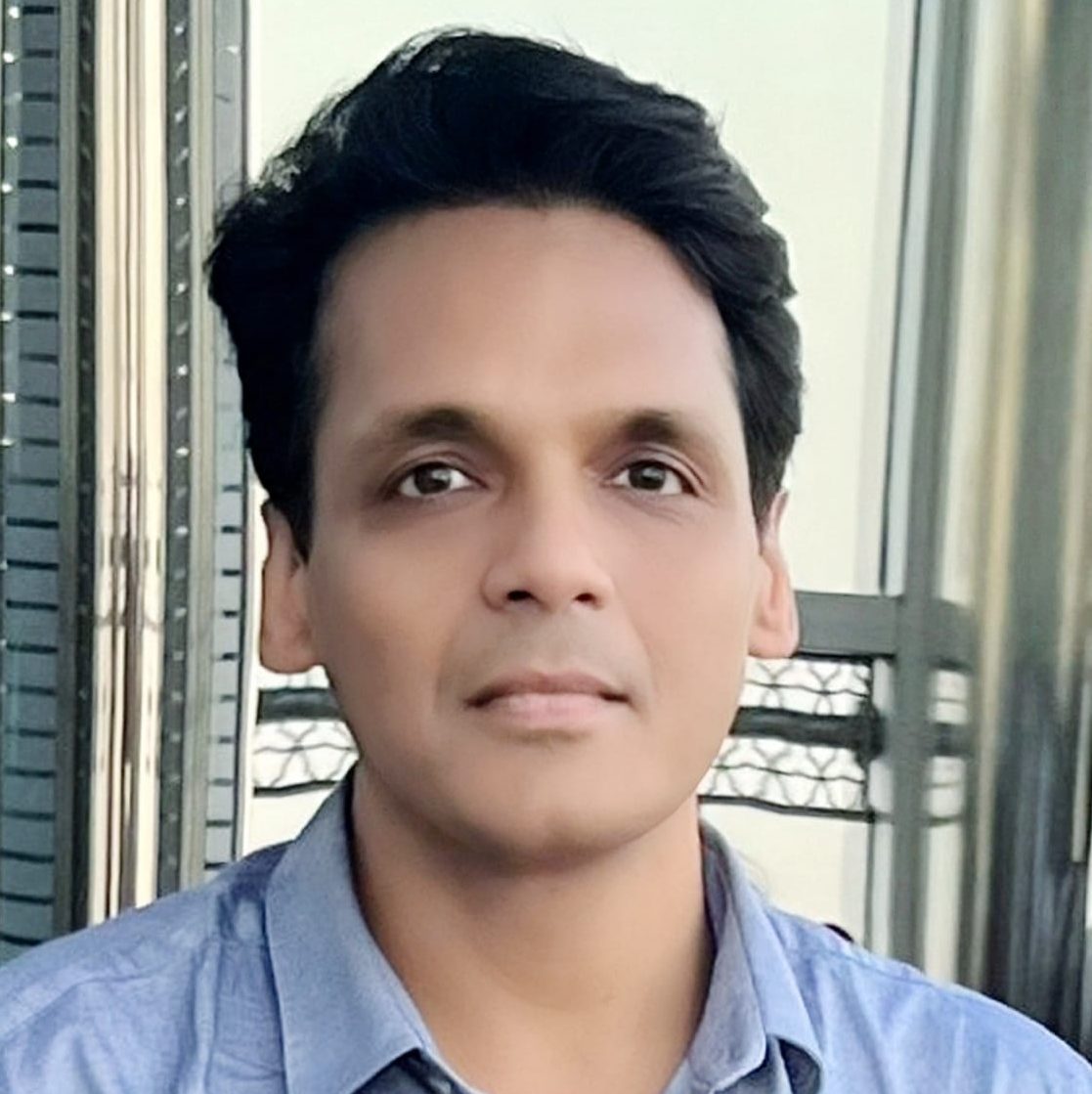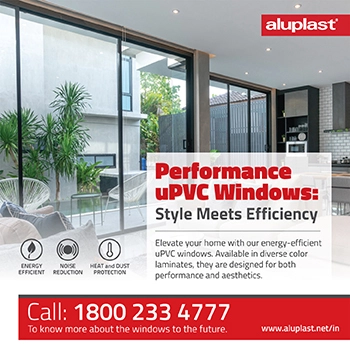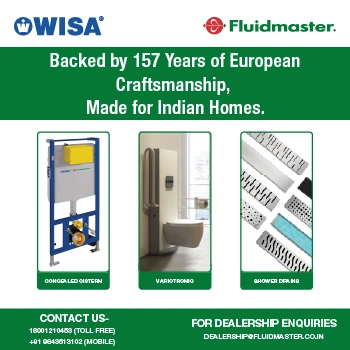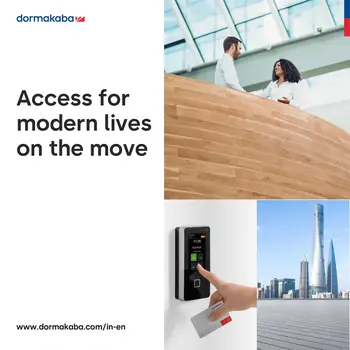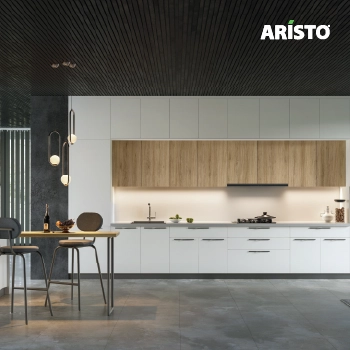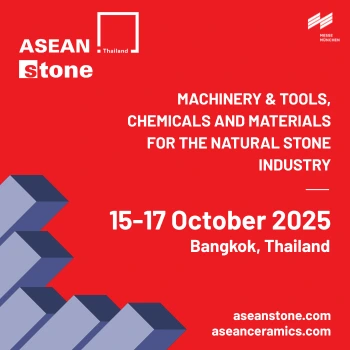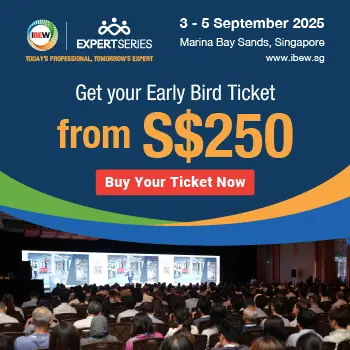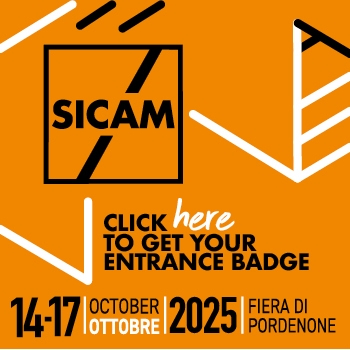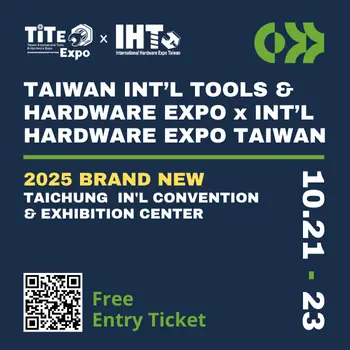One of the world’s most prominent kitchen makers – Nobilia, works across geographies and across market segments. During an exclusive interaction with buidingandinteriors.com at Living Kitchen, Germany, Mr.Michael Behr, International Sales Manager, Nobilia, talked at length on various facets of the kitchen business at Nobilia.
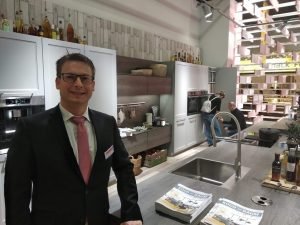
B&I: How do you see the Indian modular kitchen market?
MB: We make 3000 kitchens a day. For us at Nobilia, India is a stable market. Things take a bit longer to happen but they do happen. We export kitchens to over 90 countries and each country is governed by our common philosophy – Growth. India, on that count, is an encouraging market for us. We see India from a position where we feel that there are many variations in colour preferences, cooking materials handled in kitchens, etc. We try and address points like these in our approach to markets like India.
B&I: How do you see the retail versus project business in India?
MB: Retail business has different dynamics from projects business. In retail, we have more scope of selling larger kitchens with advanced features. Project kitchens, on the other hand, are more volume driven and smaller in sizes, essentially made to a budget. When the volumes are big, the developer gets a mock-up in his sample apartment, makes a visit to our factory, basically, his involvement is much higher in our systems.
B&I: How do markets like India and China compare to Nobilia’s European markets?
MB: In India and China, we operate in the medium to the premium segments. Our kitchens in India would cost between Euros 2,500-10,000. Because of the purchasing power differences between India/China and the European markets, I would draw a parallel from the automobile industry. In Europe, we sell in the Volkeswagen, Audi and Porsche segments, whereas in India//China, we sell in the Audi and Porsche segments. So, we sell in the upper segments in these markets. Also, the kitchen sizes are smaller in the India and China markets compared to those in Europe.
In Europe, we cater to the 80% of the market, leaving the top 5% (which does customised, carpenter made kitchens) and the bottom 15% (which is the quality and price that Nobilia would not like to associate with).
B&I: How is China market compared to India?
MB: In China, we started in 1998 while Nobilia made an entry in India in 2006. But China is a fast growth market for us. India offers the stability that we appreciate, but growth is slow in India as there is lot of time spent on taking decisions. In China, we started with a distributor who has grown to a very big size. In India, we already had a big distributor – H&R Johnson, and we have been able to grow with them in the Indian market. If we have to deliver a project in China, it would be fast, say within 6 months. If you compare that to India, it can be a long-drawn process as so many people are consulted by the project owners. Things like these give us more volumes in the Chinese market over India.
Both India and China are important markets for Nobilia. They are identical in many ways – size of the countries, population, food and taste preferences, etc. The north parts of China are cold – similar to Russia and the south have tropical climates – similar to many parts of India. This pattern is also seen in India. We keep learning and growing in both markets.
B&I: Tell us something about training that you give to your distributors?
MB: At Nobilia, training is a very important activity. We make our channel partners appreciate the fact that today’s kitchens are very complicated systems with lights, appliances, different materials being integrated with each other, etc. We bring the channel partners of our distributors to our factory, show them the latest additions on the systems, etc. This gives the channel partners the confidence to face the customers and also see the kitchen manufacturing and installation more ‘scientifically’, and as a ‘process’. We also send our fitters from Germany to put together kitchens in the displays. Local fitters are also included as part of the process, so that they also get the training.
B&I: How do you see the entry of IKEA in India, specifically with reference to your business?
MB: The concept of IKEA is appreciated at Nobilia. IKEA sells modern, contemporary kitchens. These come as flat-pack kitchens. Nobilia sells fully assembled kitchens. We are able to provide factory quality kitchens to our customers. As you know, the conditions at site are usually not very good, there’s dust etc. This has implications on the performance of kitchens. Our fully assembled kitchens offer better quality of the final product at the customer’s end.
If you compare on the price, IKEA kitchens would be about 20% cheaper than Nobilia kitchens. That’s also because IKEA kitchens are basic. If you add all the bells and whistles, there’s not much of the difference in the prices. Also, since our kitchens come as fully assembled kitchens, the fitters/installers just have to unpack the kitchens, set it to the plan, and level the kitchen. We also believe that the additional cost of sending a factory fitted kitchens lessens the risk of mistakes/errors that the fitters might commit at site. It all works to the benefit of the end-customer as a poorly fitted kitchen is costly for him.


